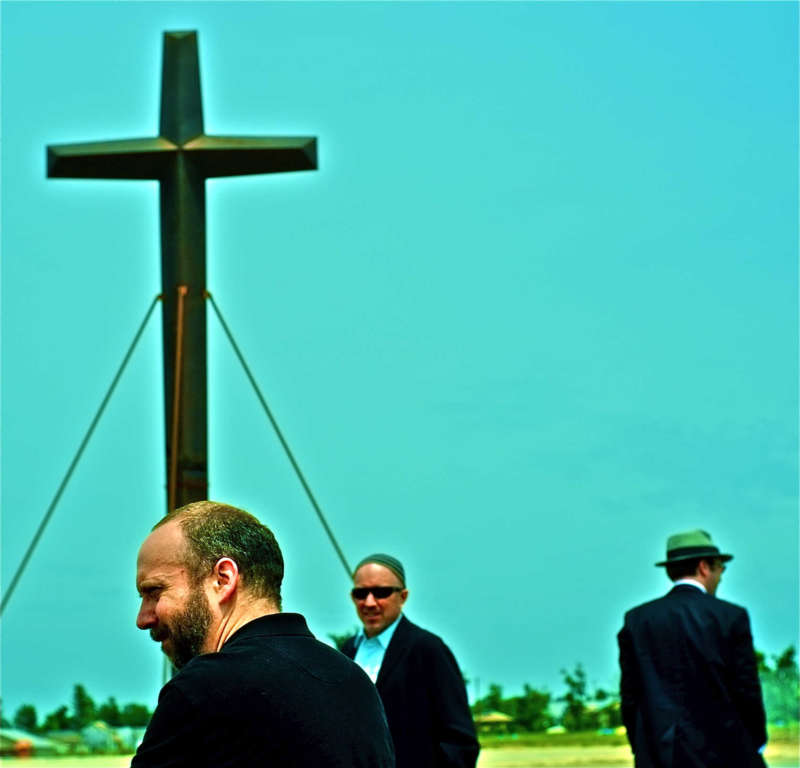Open to Public
Stratford Festival
Sat, Jun 18.2016
About the plays
-
Ajax by Sophocles
Sophocles’ Ajax tells the story of a fierce warrior who is passed over for recognition by his command after losing his cousin Achilles in battle during the Trojan War. Feeling betrayed, Ajax attempts to murder his superior officers, fails, and—ultimately—takes his own life. The play tells the story of the events leading up to Ajax’ suicide, as well as the story of his wife and troops’ attempt to intervene before it's too late. The play also depicts the devastating impact of Ajax’ suicide upon his wife, son, brother, troops, and chain of command.
-
Philoctetes by Sophocles
Sophocles’ Philoctetes tells the story of decorated warrior who is abandoned on a deserted island because of mysterious chronic illness that he contracts on the way to the Trojan War. Nine years later, the Greeks learn from an oracle that in order to win the war they must rescue him from the island. When they finally come for him, the wounded warrior must overcome nine long years of festering resentment and shame in order to accept help from the very men who betrayed him.
Explore Projects
-
 Consent & Sexual ViolenceTape
Consent & Sexual ViolenceTapeTape has been developed as a sexual assault awareness and prevention training program that uses dramatic readings of Stephen Belber’s 1999 play to ignite powerful discussions about consent, sexual assault, rape, and power dynamics.
-
 Natural DisasterBook of Job
Natural DisasterBook of JobThe Book of Job Project presents dramatic readings by acclaimed actors of The Book of Job as a catalyst for powerful, guided conversations about the impact of natural and manmade disasters upon individuals, families, and communities.
-
 Addiction & Substance AbuseAddiction Performance Project
Addiction & Substance AbuseAddiction Performance ProjectDesigned to raise awareness about opiate addiction and alcohol abuse, the project is intended to promote dialogue about helping those who are struggling with addiction.